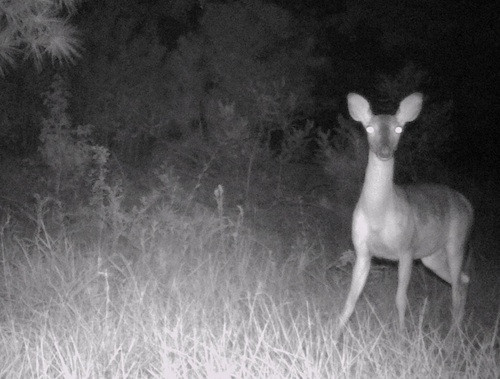 CAES News
CAES News
Deer Control
Home gardeners love adding plants to their landscapes. Deer love eating them. University of Georgia Extension experts share a few ways to attempt to control them.

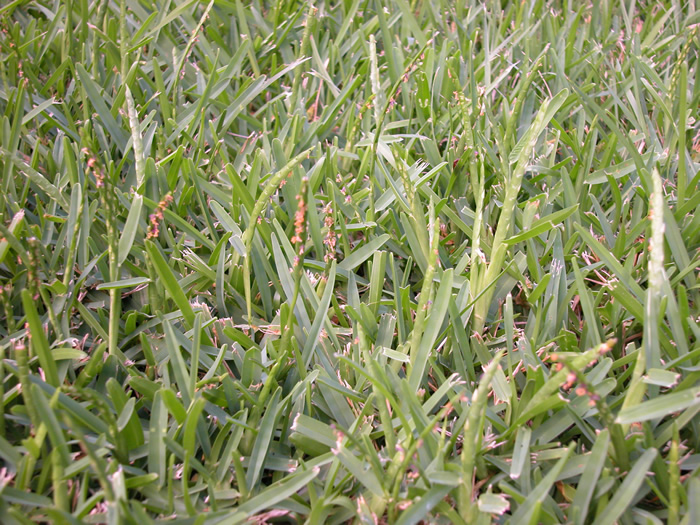
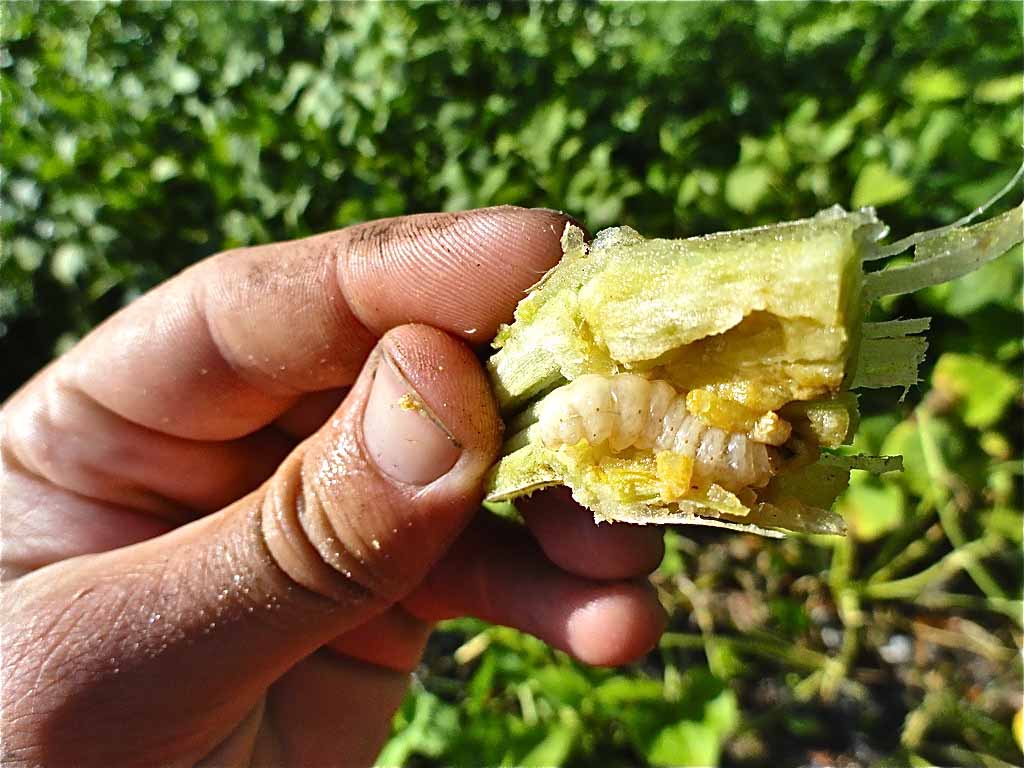
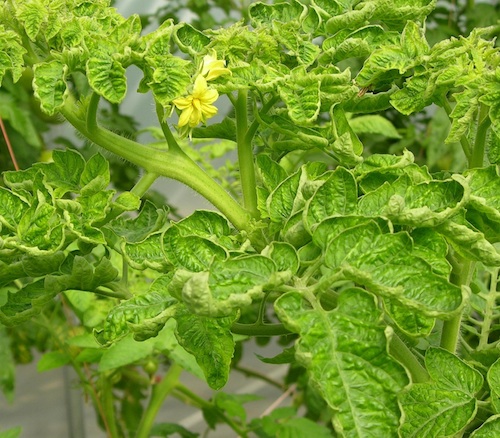
__variety.jpg)
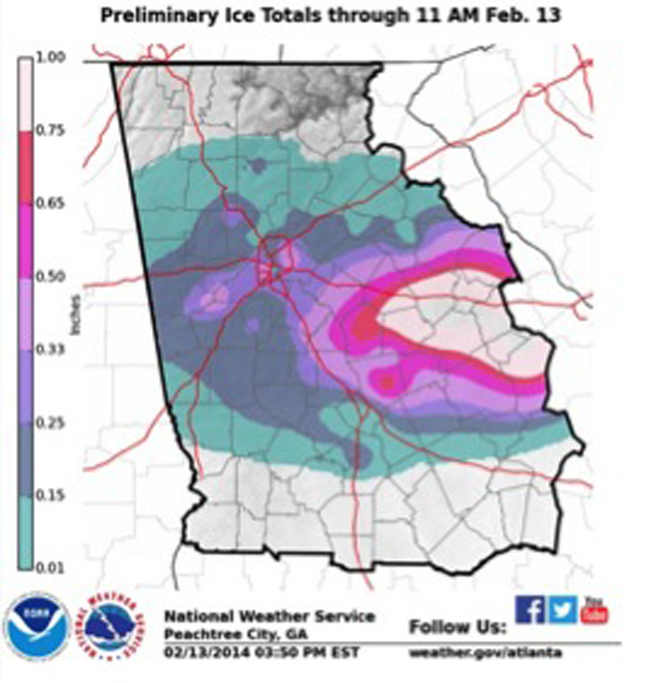

.jpg)
